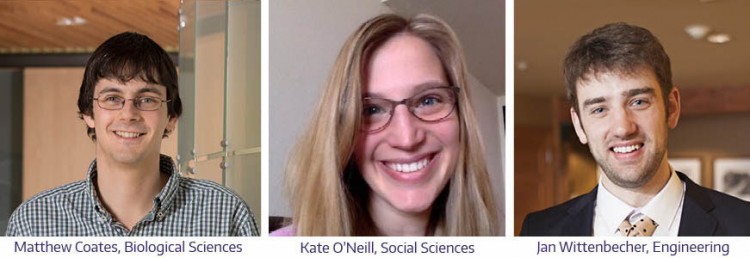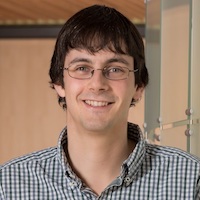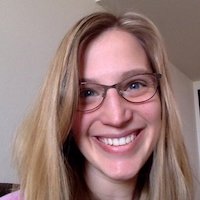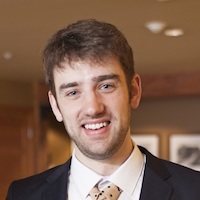Professional meetings, international workshops, and annual society gatherings are essential activities in your professional life. These regional, national, and international gatherings are where you hear about innovations in your field, grow your network, identify mentors and collaborators, receive critical feedback on your research, and learn about new and emerging directions. And yet, most of us have extremely limited travel budgets we can access, if any at all. The question is: how do you make your limited professional travel dollars stretch?
We pooled our collective experience, polled academics and trainees, reviewed travel advisors, and share just a few of the top tips here. This advice isn’t meant to endorse one service over another, but rather to give examples of ways you can seek alternatives when attending expensive national meetings.
- Submit your work! It is easier to receive travel awards and cost reductions from the meeting organizers when you are presenting. Plus it is good for your career, obvi. Some conferences have childcare scholarships too.
- Apply for travel scholarships from your professional society, or from other professional organizations that support young investigators. Email the Graduate Funding Information Service if you want help finding travel grant mechanisms that will fit your needs.
- Volunteer! Often meetings need support with registration, panel facilitation, evaluation distribution, and numerous other tasks in exchange for a reduced registration rate. It can be a great way to meet people too.
- Stay anywhere but the meeting hotel. Even with a meeting discount, you can often use a house-share site (like Airbnb or Couchsurf or Servas) to find something nearby for a fraction of the cost. Your dollars can stretch even further if you can room with colleagues and have access to a kitchen to use, even for morning coffee.
- Take a ride-share or public transportation from the airport. If you take SeaTac as an example, you can take light rail into downtown for $2.75 vs. taxi in for $45 (plus tip). Innovations like UberPool let you have the convenience of a taxi without the cost.
- Bring your own lunch or snacks for the airplane (healthier and cheaper!). If you are staying at the meeting hotel, consider shopping at a local market for snacks or beverages, rather than getting stuck with expensive hotel meals and refreshments.
- Download “cheap eats” or happy hour apps for the area and seek deals for your meals not covered by the conference.
- Choose a red-eye flight to arrive the day-of the meeting and save one night of lodging expenses. Find cheaper flights with a flight aggregator like Momondo.
- Use your own wifi hotspot or find a local café rather than paying for the expensive hotel wireless access.
- Join hotel membership groups (for free) and get access to benefits, like wireless, for free, and eventually earn points to use toward hotel nights or car rentals.
- Mail your meeting materials in advance. it can be cheaper than paying for baggage fees depending on your airline.
- Apply for an OPA travel award if you are presenting independent research and have specific career activities planned for a professional meeting. Check out our award winners and timeline for application.
Some of these tips may also not be for you. Some of you will prioritize food over lodging, or decent flight times over everything else. Let us know what works for you!
 The Graduate School recognizes exceptional scholarship and research at the master’s and doctoral levels. These awards recognize a thesis and a dissertation in four categories: Biological Sciences, Humanities & Fine Arts, Mathematics, Physical Sciences & Engineering, and the Social Sciences. Meet the winners of this year’s
The Graduate School recognizes exceptional scholarship and research at the master’s and doctoral levels. These awards recognize a thesis and a dissertation in four categories: Biological Sciences, Humanities & Fine Arts, Mathematics, Physical Sciences & Engineering, and the Social Sciences. Meet the winners of this year’s 

